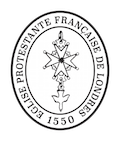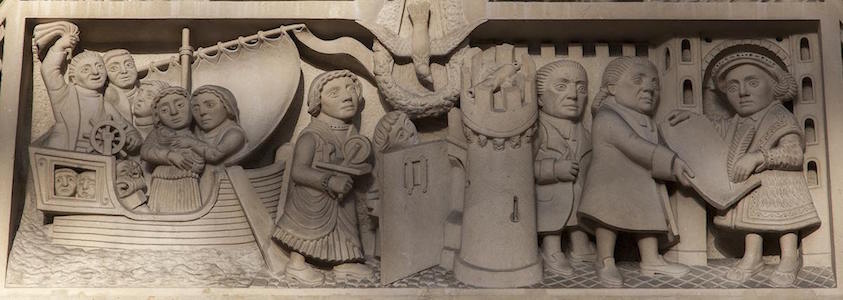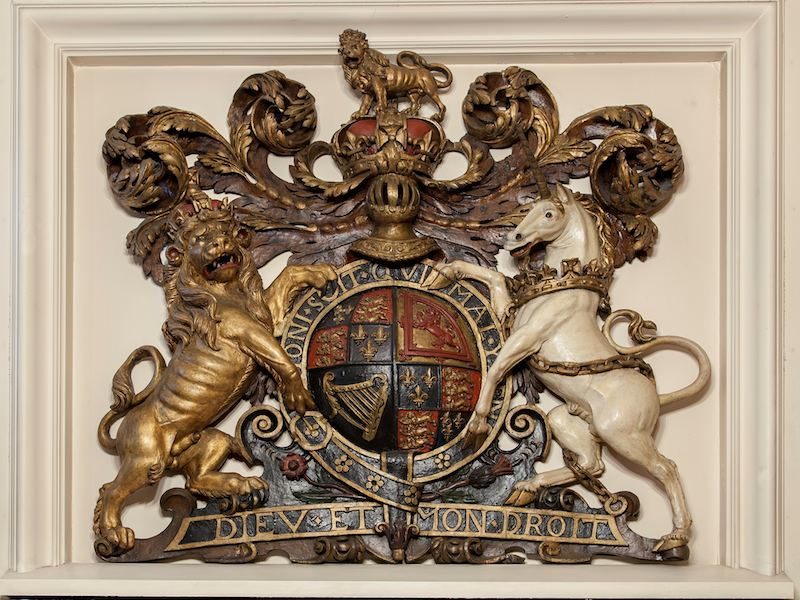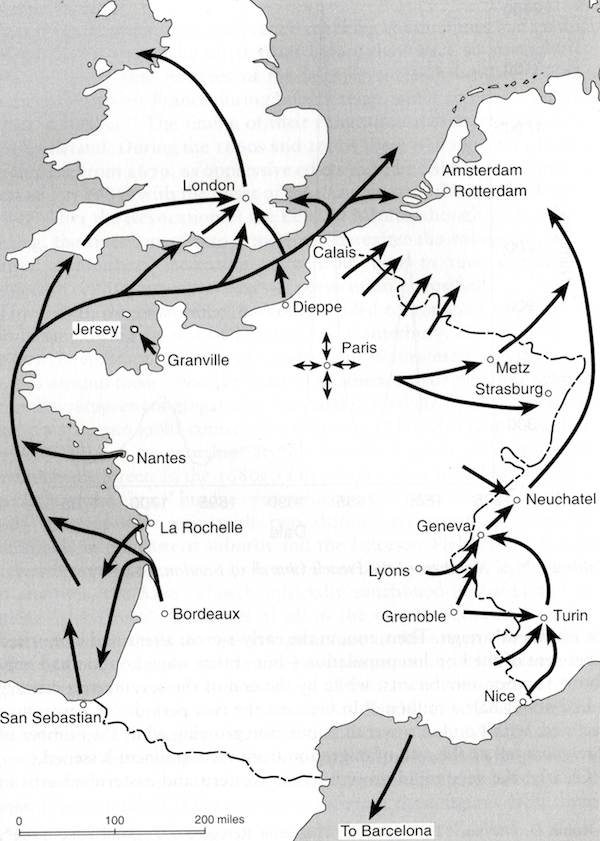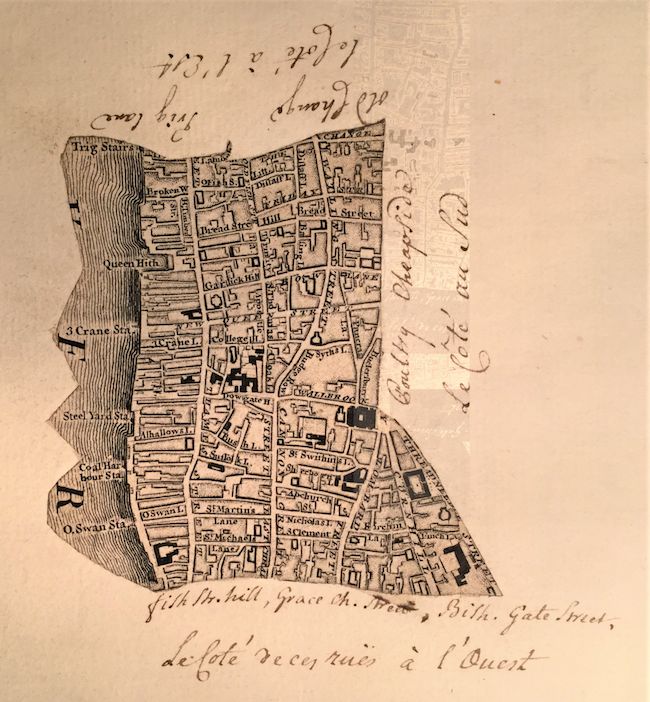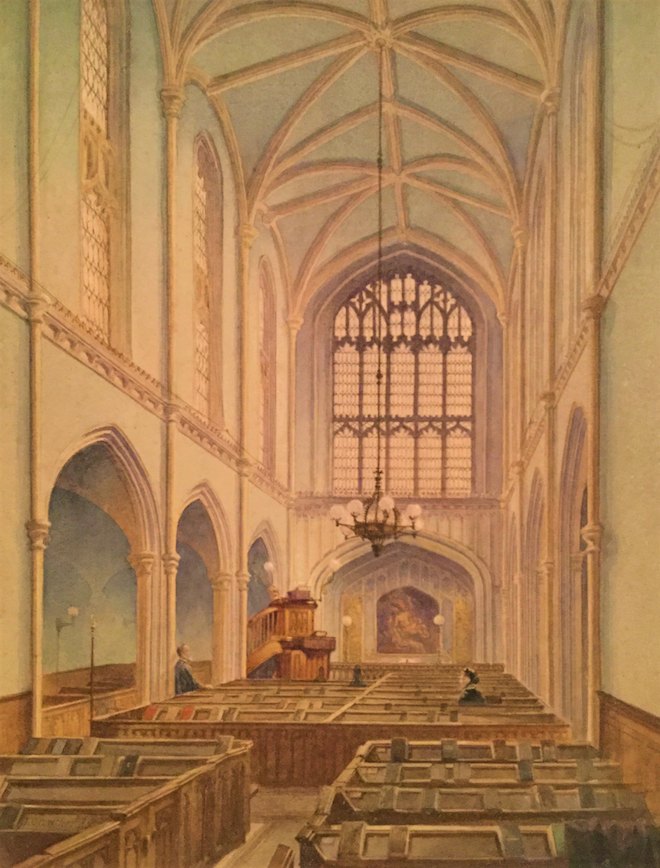Wishing to strengthen the Reformation, the young King Edward VI invited to England theologians from the continent, including John a Lasco, a Polish baron and preacher. Sensing the intensification of religious persecution on the continent, and with John Calvin’s support, he interceded with the Court and the Archbishop of Canterbury, Cranmer, to obtain the foundation of a refugee church (‘strangers’ church’).
On 24th July 1550, Edward VI signed the charter granting freedom of worship to Protestant foreigners from France, Wallonia, the Netherlands, as well as to small Italian-speaking and Spanish-speaking communities, making John a Lasco their leader and giving them the use of the Chapel of the Augustinians in the City of London.
